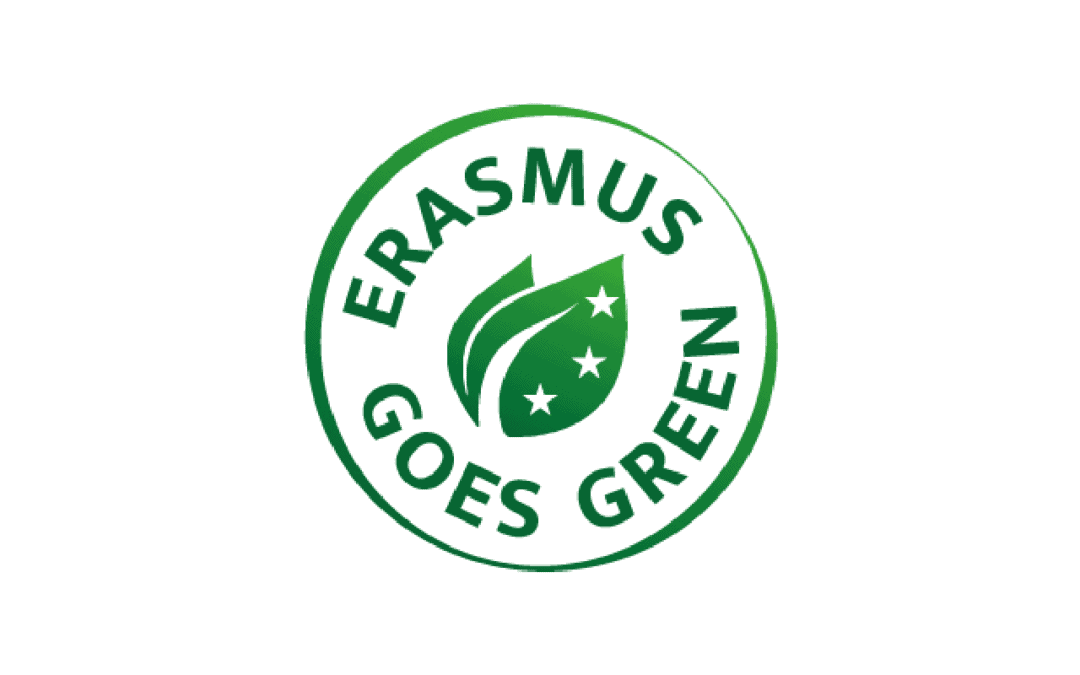The Erasmus Goes Green (EGG) project aimed to increase environmental awareness of mobility and to encourage more sustainable internationalisation strategies.
Started: 2020
Funding: Erasmus+ Key Action 2
Project budget: 281,760 €
Length: 2 years
Partners: 7
The Erasmus Goes Green (EGG) project aimed to increase environmental awareness on mobility and encourage more sustainable internationalisation strategies in order to reduce the transport-related carbon footprint of mobility activities.
By focusing on the CO2 footprint of the different means of transport, the EGG project intended to empower both HE students and staff by making more conscious and environmentally friendly decisions when going on mobility abroad.
It achieved its objectives of:
- Determining the carbon footprint of individual students and staff going on mobility during the 2014-2020 Erasmus programme;
- Producing forecasts on the ecological impact of higher education students and staff going on mobility during the 2021-2027 Erasmus programme;
- Raising the environmental awareness of higher education students and staff by offering a digital tool to visualise the impact of transport choices when travelling to their Erasmus destination;
- Setting up incentives thus influencing the choices of higher education students and staff and evaluate the efficiency of these incentives;
- Proposing higher education students, staff and policy makers options for offsetting carbon emissions;
- Providing policymakers with targeted policy recommendations that would encourage changes in the Erasmus programme towards greener individual mobility and more sustainable transnational partnerships in higher education.
The results included:
- A first report assessing current and future transport-related carbon footprint of Erasmus mobilities;
- A second report on how to reduce the transport-related carbon footprint of Erasmus+ mobilities using visualisation tools;
- A third report on how to reduce the transport-related carbon footprint of Erasmus+ mobilities using incentives or carbon offsetting;
- A handbook for higher education mobile students;
- Guidelines for higher education institutions;
- Policy recommendations targeting policymakers at both European and national level.
Partners: Lapland University of Applied Sciences, Aristotle University of Thessaloniki, University of Lodz, Erasmus University Rotterdam, Université de Versailles Saint-Quentin-en-Yvelines, Erasmus Student Network, European University Foundation

